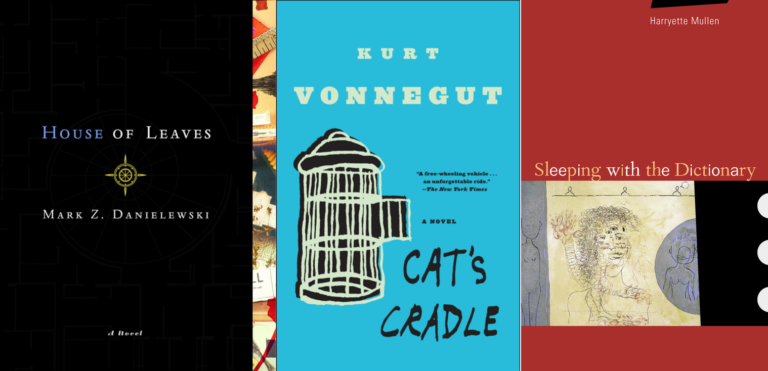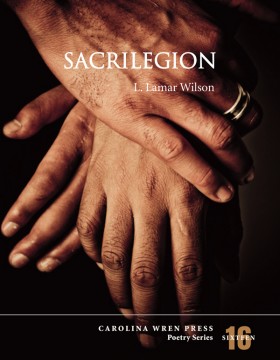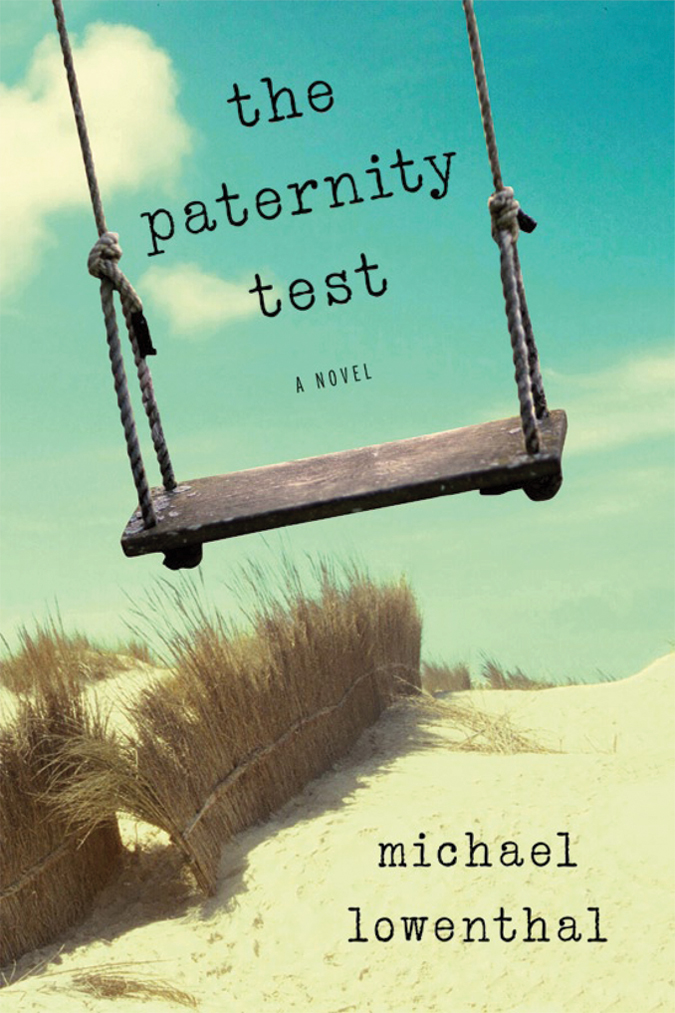John Ashbery
I came early in the evening to lower Manhattan, more than an hour before the showcase reading that night at Poets House. I came to browse the showcase shelves and to meet a friend and share a bit of supper near the Hudson. I came early to see familiar faces and to be sure of a seat. The weather was hot and close, and the breeze and low shade near the river were cool. The food was good and conversation easy, and what was to come might be less so.
Rumor had it he had not been well, that it was uncertain until near the date of the reading whether he would read. But he had come and was now upstairs. I was told all the seats in the main hall were filled, and was sent to the overflow seating and video feed above. Even there the audience filled the space back toward the stairs, and the video screen was better than a pool-length away. I tried to wend through an open lane to a tucked space among poetry off to the side, but was told to keep the passage clear: someone in a wheelchair was about to be brought through.
There be giants among us still, despite what the contemporary wisdom follies hold of greatness as yet another dead god of the pre-post-modern past. A giant is one, who, whether you take to him or her or not, what does it matter? To get where you hope to go you will have to pass their way, likely more than a token time or two. And to be an American poet of the past three generations and not make a reckoning of yourself, what you have made and hope to make, before what John Ashbery has created and achieved, is to play the fool without knowing the part you’ve given your floppy-capped self.
I made my way back from where I’d come, down the stairs and past staff occupied otherwise to the downstairs hall, where I squeezed sideways between a shelf of books and a seated man who alternated between understandably sniffing and grunting my way. New York City clears out in mid-summer, especially when it’s hot and it had been hot like a suit of steaming wool for days, and still the head count at Poets House stretched beyond 350, 368 by the last tally I heard, the largest-ever crowd for a reading in that building.
And then they wheeled him behind a small table half-circled by the audience and everyone applauded. He seemed a great owl with his brown shirt, aquiline nose, and sharp eyes that moved over the room. I snapped his picture before he began and he turned to face me and hold my eyes. There was no smile, no grimace, no pose. There was his face watching.
And then he began to read, first from his most recent book, Planisphere, and then from a new book, Quick Question, due out in the fall from Ecco. Introductions were brief if they were at all. He offered poems the audience could easily follow in their wit and play, including one called “They Know What They Wanted,” made up entirely of movie titles that begin with “They…”
And “Sons of the Desert,” which takes its title from the Laurel and Hardy movie of the same name. He even provided a short synopsis of the movie’s storyline and added that the poem had “sort of been inspired by Antiques Roadshow.”
From his forthcoming work he read “Or Words to That Effect,” “The Allegations,” “Recent History,” “Voice from the Fireplace,” “In Dreams I Kiss Your Hand, Madame,” “In a Lonely Place,” “Resisting Arrest,” “Double Whoopie,” “Homeless Heart,” “This Economy,” “Etudes, Second Series,” “Bicameral Eyeball,” and finally to close, “Bacon Grabbers,” based as well on a Laurel and Hardy short of that name. Bacon Grabbers being 1920s slang, I am told by Reggie Harris via Google, for repo man.
He read for an hour and other than a young couple who left when their infant began to chime in, none of the packed crowd downstairs, many squeezed in like me, left or shifted uncomfortably about, the laughter and focused attention of the crowd remained constant throughout and when he was done the crowd waited for him to be wheeled past before filing out themselves.
By the time I arrived at the book table, no books were left. By the time I got to the stairs, the line from where he was signing made its way down those stairs into the main lobby. By the time I gave up the stairs and took the elevator, visited and chatted my way through three glasses of gratis champagne, and caught Ashbery’s eye one more time, nodded his way and had my nod returned, he had sat and signed and talked for well past another hour.
In a world lousy with good poets, clever and kind and wonderful as they may be, precious few cast the shadow Ashbery does. And on a summer evening in lower Manhattan, it was heartening to find how grateful so many were for that shade.
(Photos by Lawrence Schwartzwald. Videos by Reggie Harris from Poets House.)


